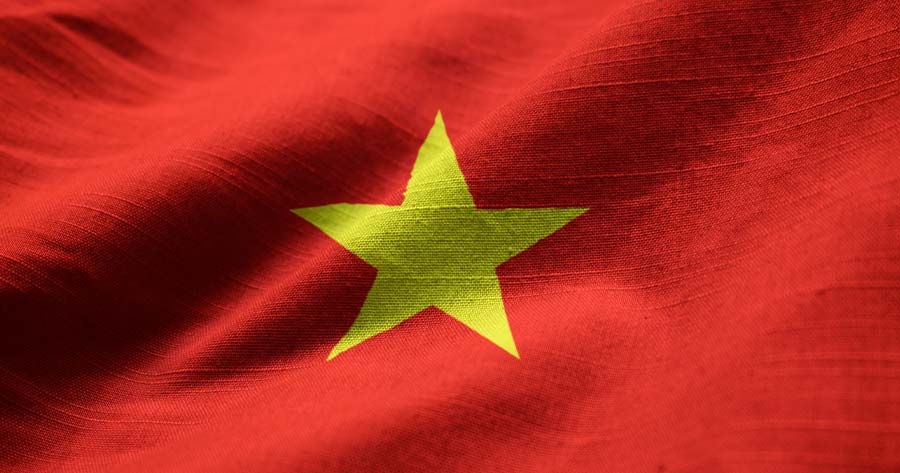Amid trade turmoils emerging around the world, Vietnam is looking to expedite its free trade agreement discussions and better leverage the 17 agreements it has in place, as the nation prepares for U.S. tariff policies.
According to a directive issued on Tuesday, Prime Minister Pham Minh Chinh tasked the trade ministry with advancing or initiating free trade negotiations with countries such as India, Brazil, Pakistan, Egypt, and others spanning the Middle East, Africa, Latin America, Central Asia, and Eastern Europe.
Facing the prospect of 46% reciprocal tariffs imposed by the Trump administration—currently on hold until July—Vietnam’s economic strategy, reliant heavily on exports to the U.S., is at risk. The Southeast Asian country is taking steps to address trade fraud and other issues of bilateral concern, anticipating discussions with Washington regarding the duties.
Vietnam has agreements in place with key partners including those under the Comprehensive and Progressive Agreement for Trans-Pacific Partnership and the Regional Comprehensive Economic Partnership, alongside individual deals with the EU, Japan, and South Korea. However, a trade pact with the U.S. remains absent.
Despite potential trade challenges, the directive to government bodies and regional authorities reaffirmed Vietnam’s commitment to an 8% GDP growth objective for 2025, emphasizing a wide range of approaches to reach this goal.
The directive acknowledges the complex global landscape, characterized by heightened geopolitical competition, ongoing trade conflicts, and uncertain economic forecasts since the beginning of the year. Chinh also urged the country’s central bank to secure adequate funding to support economic growth, while safeguarding the financial markets.
Moreover, Vietnam’s central bank was also encouraged to enhance lending opportunities for young homebuyers and offer supportive loans to businesses impacted severely by U.S. tariffs. Further strategies outlined include advancing infrastructure projects, encouraging local consumption, and investing in digital and technological innovation.
The PM calls for the promotion of local goods by encouraging e-commerce platforms to prioritize domestic products and facilitate delivery services, even extending into remote regions.





